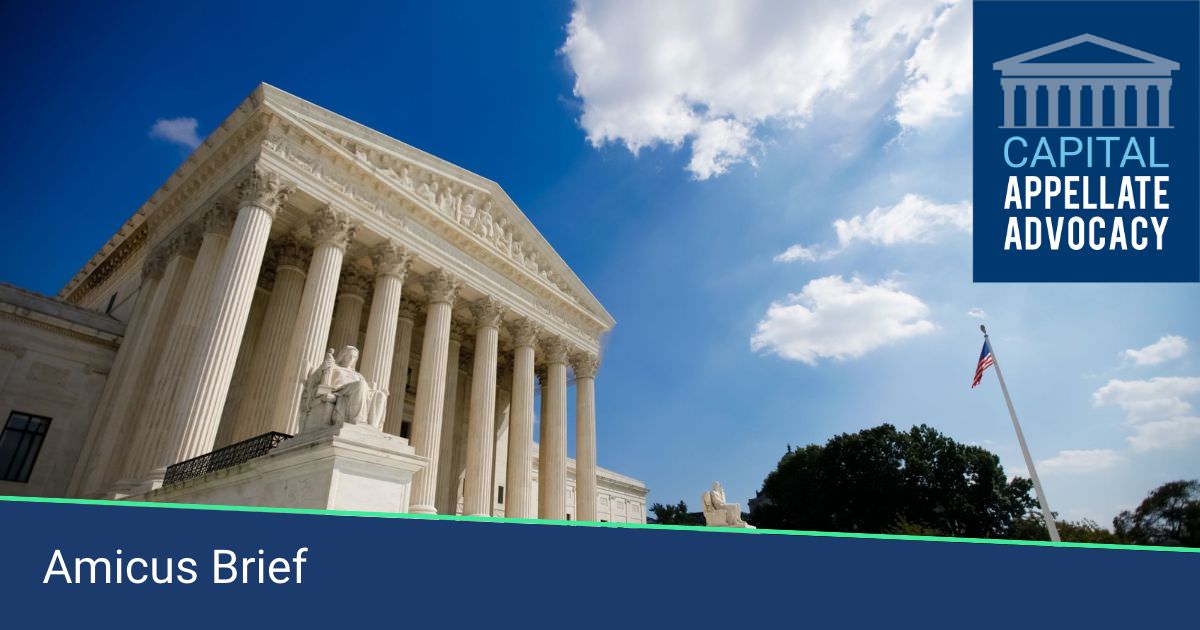On April 17 the Supreme Court — in its final Order prior to Justice Neil Gorsuch’s inaugural session — declined to review the constitutionality of New York Judiciary Law § 470. Under that law, as recently interpreted by the New York Court of Appeals, a New York bar member residing anywhere other than in New York must maintain a physical law office in New York in order to practice law there. But a New York bar member who does reside in New York can practice law in New York from anywhere, for example, from his or her kitchen table or a booth in a coffee shop. Ekaterina Schoenefeld, a New York Bar member who resides and practices in New Jersey, challenged the law as being unconstitutional under the Privileges and Immunities Clause. When the Second Circuit, in a 2-1 panel decision, upheld the law’s constitutionality, Ms. Schoenefeld sought Supreme Court review. Schoenefeld v. Schneiderman, No. 16-780. Her certiorari petition garnered amicus support, including from the Association of Corporate Counsel and the New Jersey Bar.
As a practical matter, the Supreme Court’s action allowing New York Judiciary Law § 470 to stand places nonresident New York Bar members, including those who practice in law firms that do not have a New York office, at a distinct competitive disadvantage. Section 470 was originally enacted in the mid-19th Century to facilitate personal service on nonresident attorneys who appear in New York courts. The statute did not seem to pose much of problem until the New York Court of Appeals, on certification from the Second Circuit in the Schoenefeld litigation, interpreted it in the most protectionist, discriminatory, and onerous way — perhaps to make that anachronistic law easier to overturn. In view of the Supreme Court’s denial of certiorari, however, only the New York Legislature, if so inclined, can repeal or amend § 470 to complete the task of bringing the State’s law-practice provisions into the 21st Century.

